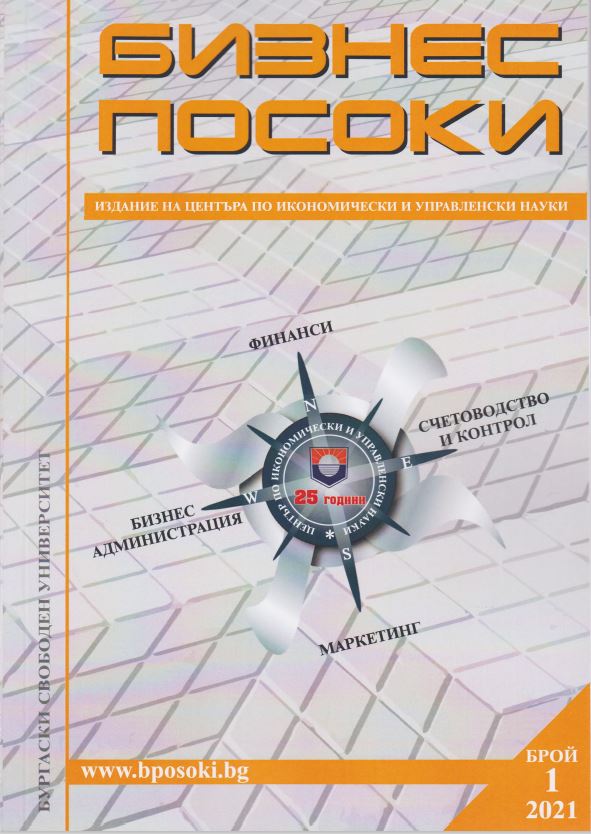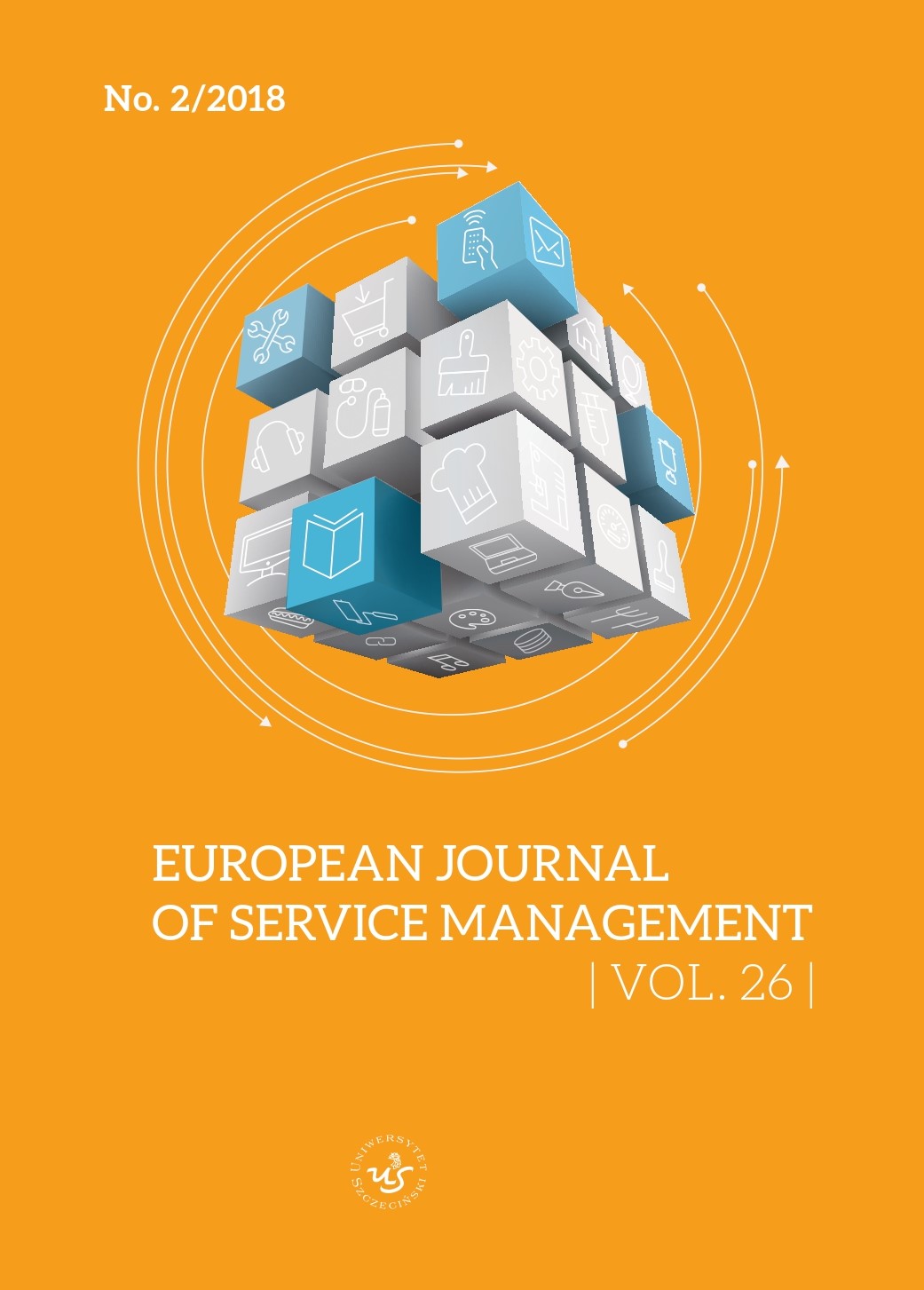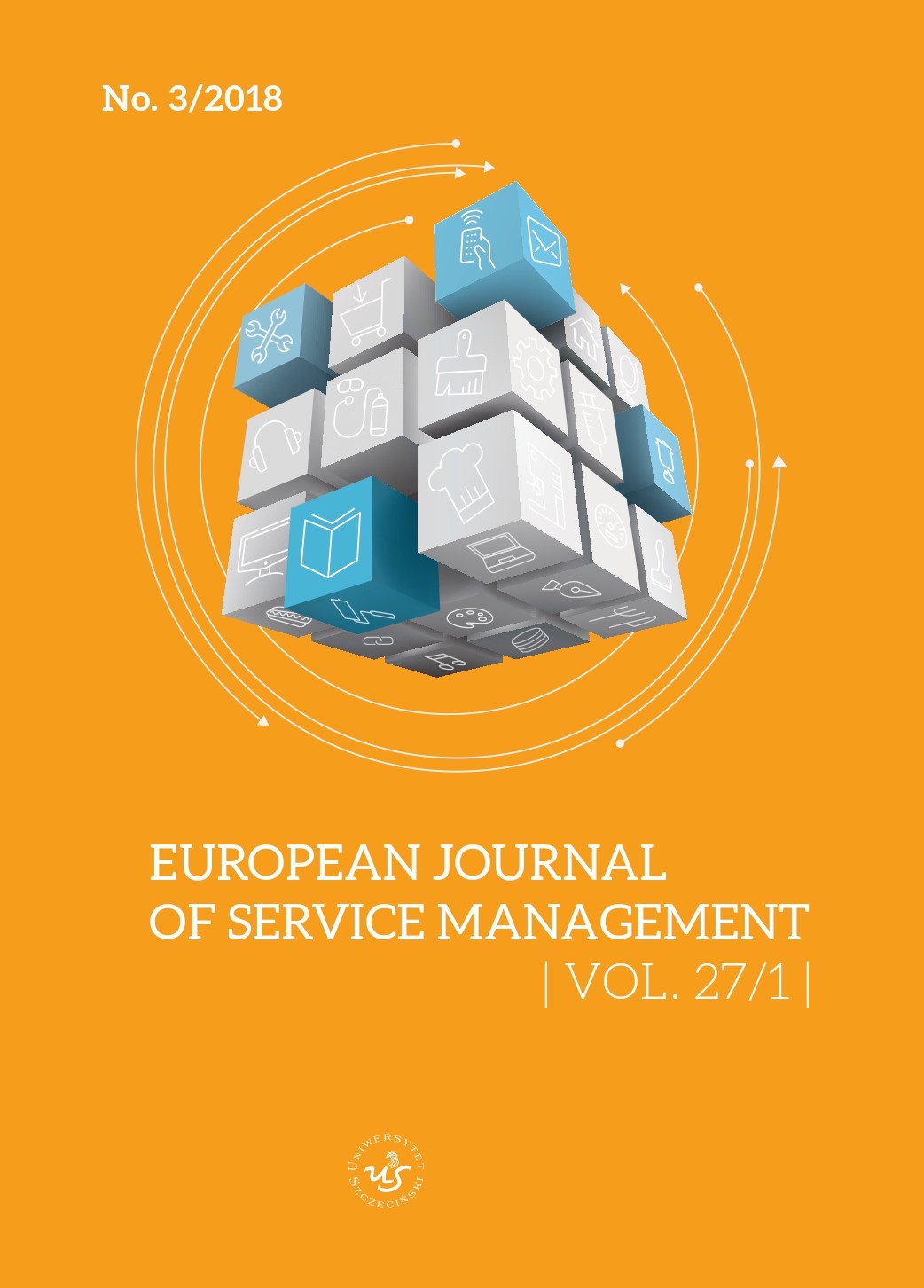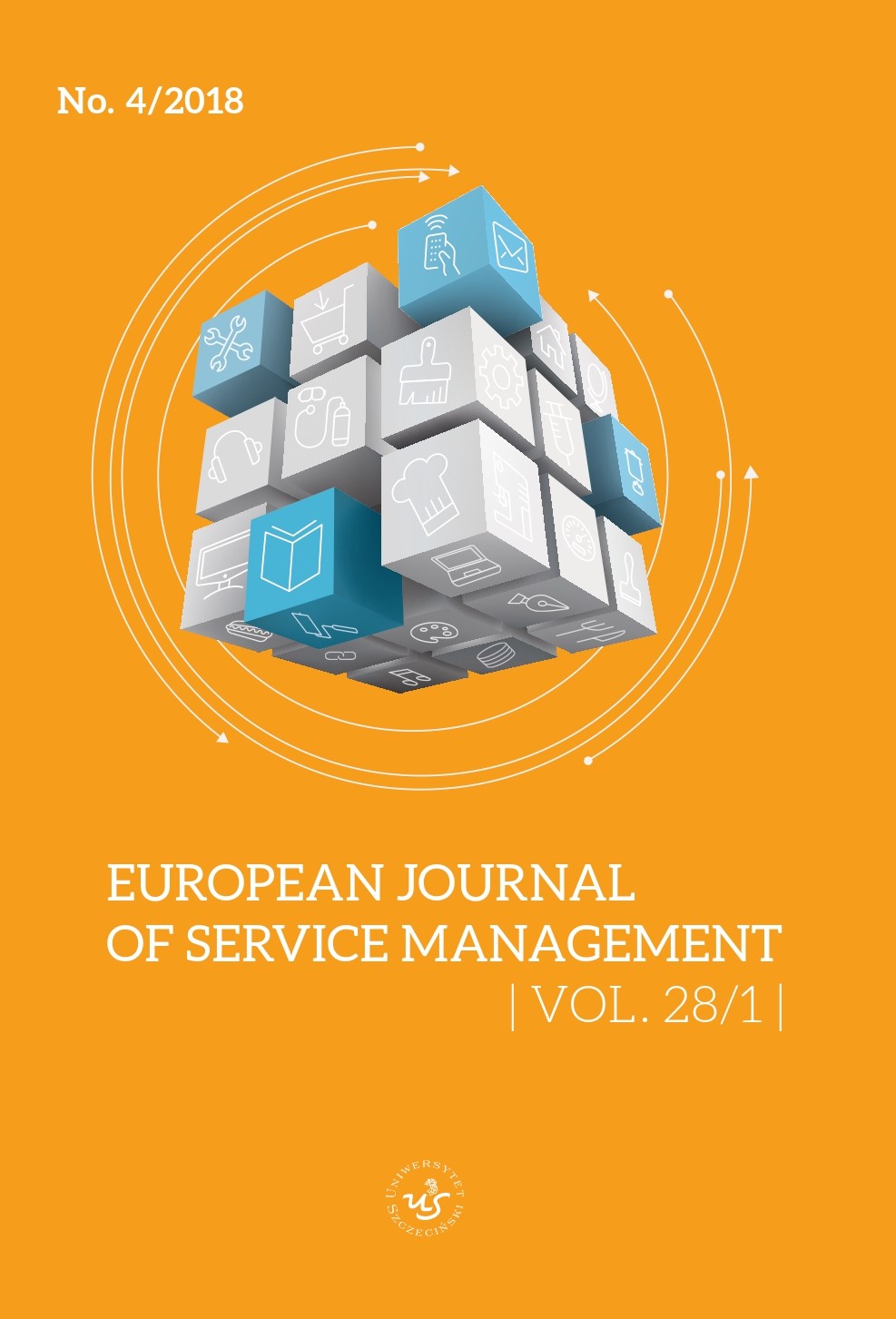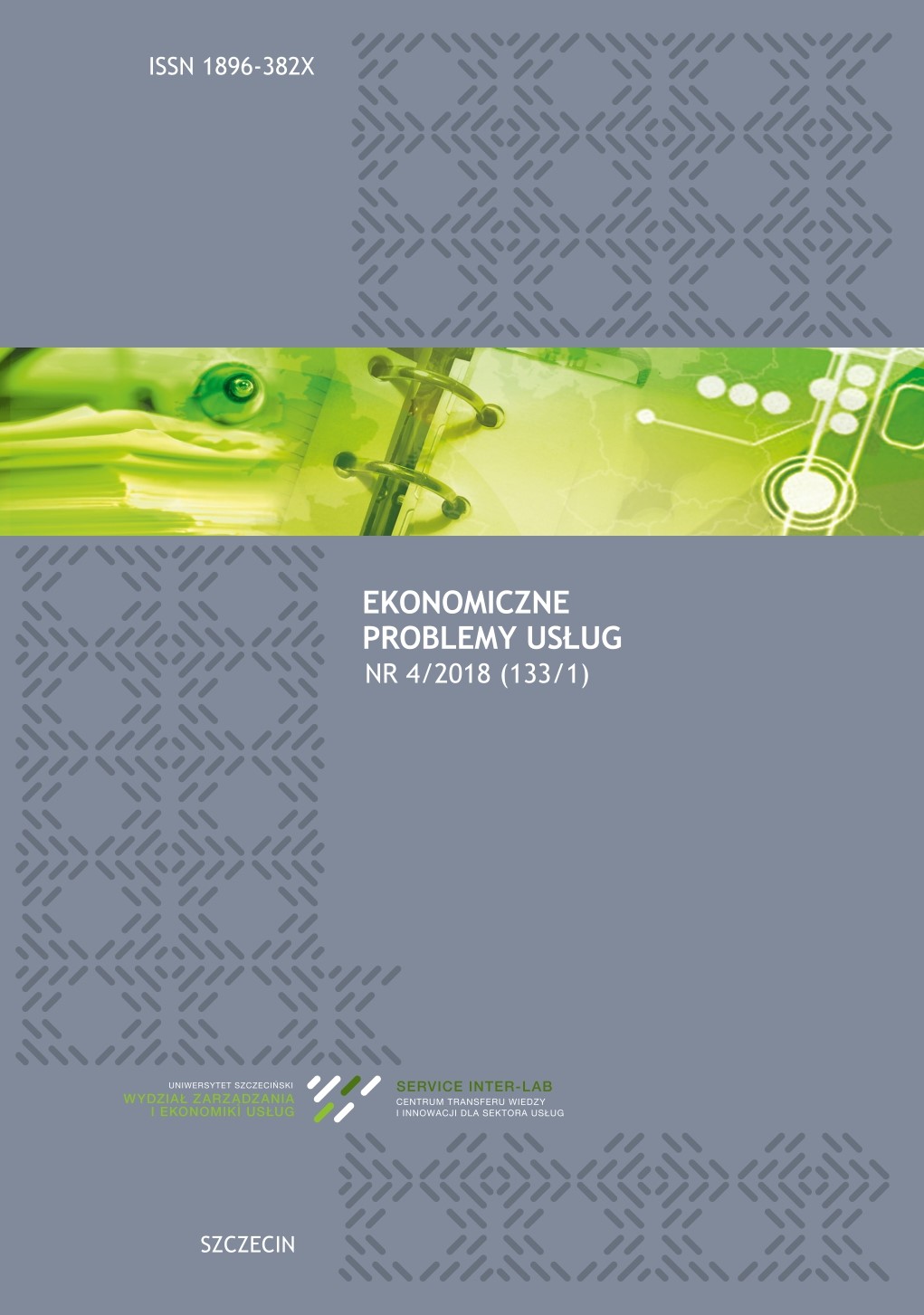
Działania antysmogowe w Polsce i źródła ich finansowania – wybrane problemy
Air pollution is a key environmental, social and economic issue. Poland is one of the most polluted countries of the European Union, in terms to the air pollution. For two years, during the autumn and winter period, the problem of fight against smog is dominant in a public space. Informations about increased or exceeded states of pollution caused that people are looking for solutions that will improve the situation. The main aim of the article is to indicate the legal regulations in regard to protection of ambient air, actions taken under the fight against smog and selected sources of financing the protection programmes of ambient air. In the article were used available informations about air pollution, reports of the European Environment Agency, the World Health Organisation and the Chief Inspectorate of Environmental Protection, existing legal acts.
More...
